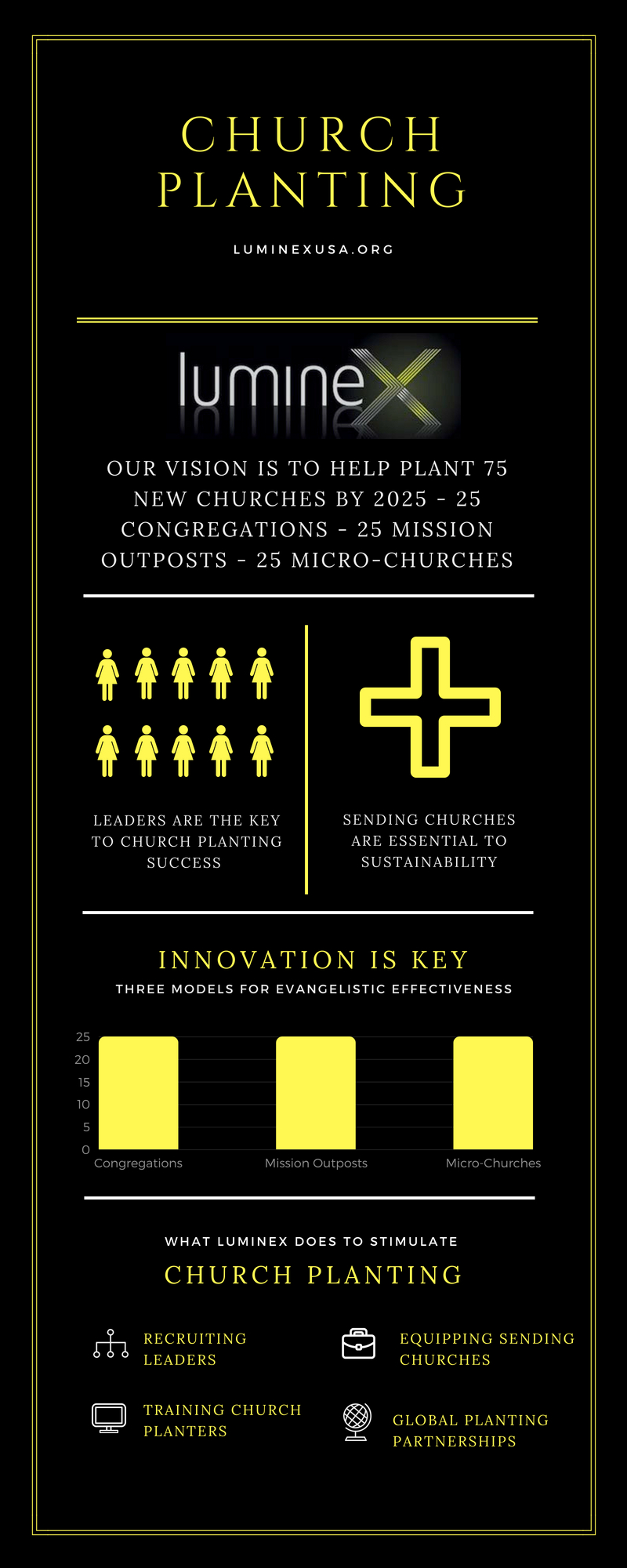Explore The Engaging Change Of Catholic Colleges And Their Noteworthy Impact On Education-- Might Their Customs Unlock The Possibility For Future Discovering?
Explore The Engaging Change Of Catholic Colleges And Their Noteworthy Impact On Education-- Might Their Customs Unlock The Possibility For Future Discovering?
Blog Article
Content Writer-Medlin Nolan
When you consider the background of education and learning, Catholic colleges stick out for their ingrained traditions and lasting influence. Middle School Prep schools Lake Leelanau began as a way to instill confidence and worths, however they've adjusted extremely over centuries. Today, they play an essential role in shaping not just scholastic success however also moral integrity. What's intriguing is just how they've managed to prosper amidst altering social landscapes, raising questions concerning their future relevance and influence.
The Beginnings of Catholic Education: A Historic Point of view
Catholic education and learning traces its roots back over 1,500 years, when very early Christian areas acknowledged the demand for organized learning. You'll locate that these areas intended to hand down their belief and values through education and learning.
Monasteries and sanctuary schools ended up being centers of understanding, nurturing both spiritual and intellectual growth. As you dig much deeper, you'll see that the educational program typically consisted of approach, theology, and the liberal arts, developed to create versatile people.
With time, the Church developed much more official establishments, ensuring that education and learning remained obtainable to all. The commitment to teaching moral values and promoting a feeling of area has actually continued with the centuries, forming the instructional landscape and influencing numerous lives worldwide.
This long-lasting legacy remains to influence Catholic education and learning today.
The Development of Catholic Colleges With Cultural Contexts
As cultures evolved, so did the duty of Catholic colleges, adjusting to the social contexts in which they existed. In https://www.cbssports.com/college-football/news/college-football-odds-lines-schedule-for-week-zero-nebraska-ucla-favored-as-2021-season-begins/ , these institutions concentrated primarily on spiritual guideline, however as neighborhoods diversified, they started to integrate neighborhood languages, customs, and academic requirements.
You 'd notice that Catholic colleges often ended up being facilities for social communication, fostering a sense of belonging among trainees from numerous histories. In several areas, they addressed social problems, such as destitution and discrimination, by offering accessible education and learning for all.
As you discover various societies, you'll see exactly how Catholic schools have actually shifted their curricula and training techniques, reflecting the values and challenges of their environments while holding to their fundamental objective of faith and academic quality.
The Modern Role and Effect of Catholic Schools in Culture
In today's world, Catholic institutions play a vital function in shaping not just the instructional landscape, but also the wider community.
You'll find that these establishments highlight worths like respect, concern, and social justice, fostering all-round people that contribute positively to culture. By focusing on scholastic excellence and ethical growth, Catholic schools prepare trainees for future obstacles, nurturing crucial thinking and leadership abilities.
They commonly offer varied populaces, connecting voids in access to high quality education. Furthermore, you could observe their dedication to service, urging students to take part in neighborhood outreach and volunteer job.
This mix of education and learning and moral support makes Catholic schools a significant pressure, growing liable people that can influence their areas for the better.
Conclusion
Finally, Catholic schools have an abundant background that's formed their long-lasting effect on society. You've seen just how they've adapted to different cultural contexts while keeping a dedication to confidence, values, and scholastic excellence. Today, they continue to play an essential function in promoting community, promoting social justice, and nurturing accountable people. As you review their legacy, it's clear that Catholic institutions stay an effective force for positive adjustment in the world.
